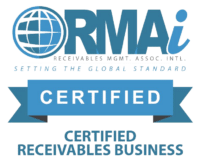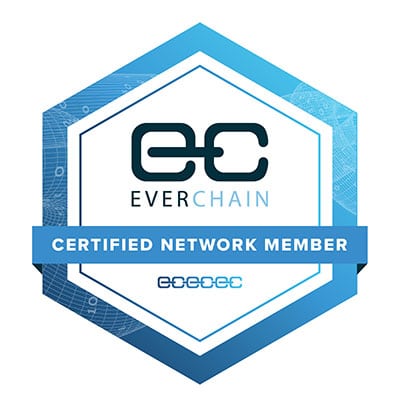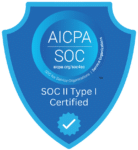Landmark Strategy Group is a nationally licensed debt buyer that specializes in purchasing non-performing credit card, auto deficiency, mortgage loan, revolving or installment loans, and Chapter 13 bankruptcy accounts receivable portfolios. To help Credit Unions better understand the intrinsic value of credit union debt sales, Landmark has launched our latest YouTube video dedicated to the subject.
1) Poised for Success
Understanding the nuances of selling debt and how the debt collection industry works cannot exist in a vacuum. Landmark Strategy Group works with credit unions to navigate the debt sales process with the underlying goals of securing cash flow, helping maintain good consumer relationships, and quickly redeploying their capital.
2) Immediate Cash Flow for Credit Unions
Cash flow is the lifeblood of all credit unions. Selling distressed account portfolios creates immediate cash flow for creditors. Forward flow sales each month add predictability to the cash flow month after month.
When a credit union collects debt in-house using collection agencies or law firms, they need to consider the time value of money while waiting for payment that may never come. Through debt sales, these funds can be reinvested in more profitable ventures or used to strengthen the financial positions the credit union is focusing on.
3) Straight to the Bottom Line
Selling charged-off debt has the unique benefit of being a “bottom-line” transaction. When assets are charged-off as bad debt, they negatively affect financial statements. However, by selling debt, credit unions can apply the money received to their bottom line, bolstering their financial health and improving their overall performance.
4) Debt Collection Options for Credit Unions
To get started, it’s important to understand that a successful debt recovery strategy necessitates a unique three-pronged approach. Credit union collection strategies should include a well-rounded trio of recovery channels—namely collections, litigation, and sales.
Credit unions working with a collection agency and law firm can maximize their three-pronged approach, focus on the collection and litigation strategies limited to their expertise, and sell charged-off debt to professional debt buyers.
5) Contractual Limitations and Impact on Price
Lastly, it’s essential to recognize that contractual limitations on recovery efforts will directly impact the sale price. It’s crucial for credit unions to strike a balance between restricting recovery efforts and maximizing the value of the debt. Credit unions have the ability to set the terms of the contract and the impact those terms will have on the value of the portfolio.
Find the Right Debt Buying Partner for Credit Unions
It all comes down to partnership. A strategic debt buyer partner is not merely a transactional collaborator; they are an extension of the credit union’s values and mission.
When considering a venture toward selling charged-off debt, you must ensure that the right partner is being selected. Consider these five key aspects of debt selling and reach out to Landmark Strategy Group at 877-412-9815 or [email protected] to understand the more intricate details of the debt selling process.
About Landmark Strategy Group
Landmark Strategy Group, LLC is a nationally licensed receivables investment firm that purchases non-performing and charged-off accounts from creditors. Landmark specializes in passively purchasing consumer accounts including credit card, auto deficiency, fintech / online lending, revolving or installment loans, credit union, retail finance and Chapter 13 bankruptcy loan portfolios. Landmark’s efficient and compliant acquisitions process includes a quick valuation, streamlined deal execution, and exceptional post-sale management. Landmark Strategy Group is a Receivables Management Association International (RMAI) Certified Receivables Business (CRB).
Selling non-performing portfolios removes much of the onus of debt collection compliance for creditors and provides businesses with more predictable and immediate cash flow; it also reduces or eliminates the need for allocating internal resources to collection efforts, enabling creditors to focus on their core business.






